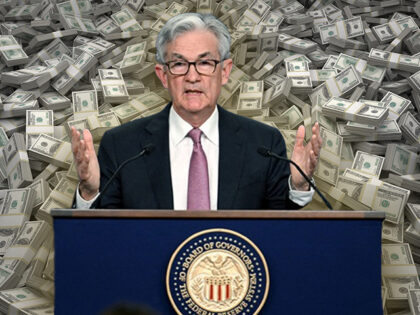Breitbart Business Digest: Saving the Gas-Powered Car and Making Money on Carbon
Breitbart’s Jim Pinkerton believes there is a profitable and practical solution to the issue of carbon emissions that doesn’t involve banning gas-powered vehicles.

Breitbart’s Jim Pinkerton believes there is a profitable and practical solution to the issue of carbon emissions that doesn’t involve banning gas-powered vehicles.

The dream of a June rate cut is dead.
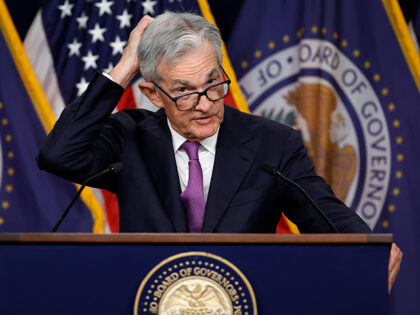
Employment grew much more than expected for the third month in a row.

The strength of the U.S. labor market has not only defied expectations. It has given rise to the suspicions that the official figures are overstating job gains.
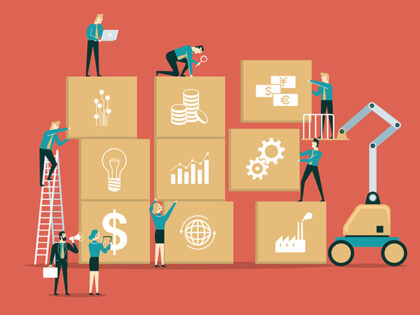
China and the Fed’s rate cut plans are driving up demand for gold.
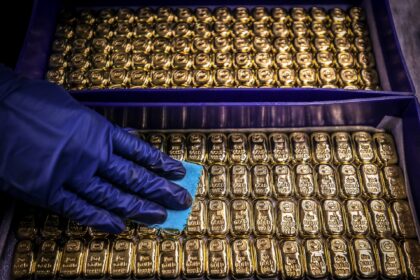
In the economic seas we’re currently navigating, the idea of a Fed rate cut is starting to look like a theoretical exercise detached from the practical realities on the ground.
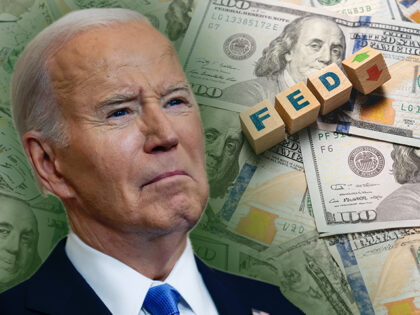
The Atlanta Fed said inflation is falling much more slowly than expected, so the Fed will probably not cut rates until the end of the year.
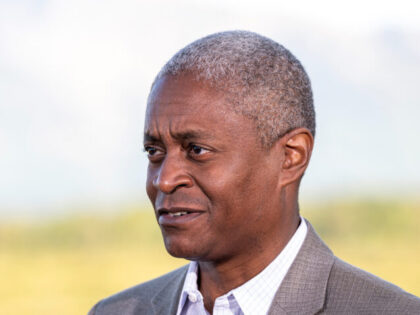
Businesses in the U.S. added 184,000 workers to their payrolls in March, the largest increase in hiring since July, according to payroll processor ADP. The March hiring exceeded even the most optimistic forecasts. The median forecast was for 155,000 jobs,
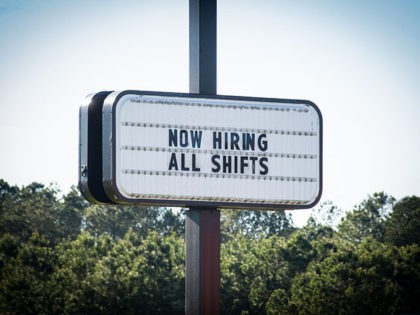
The potential that the Fed’s next move is up instead of down is arguably the most underpriced risk in the market.
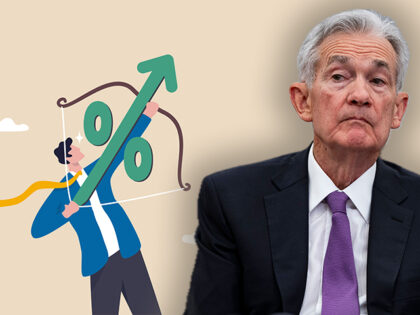
Shares moved higher after the company said it was debt free and has $200 million of cash to invest in the business.
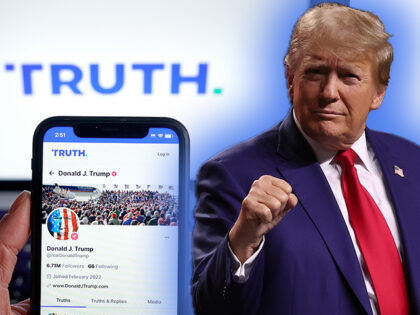
The move may hurt workers in a state that already has high inflation and the highest unemployment rate in the U.S.
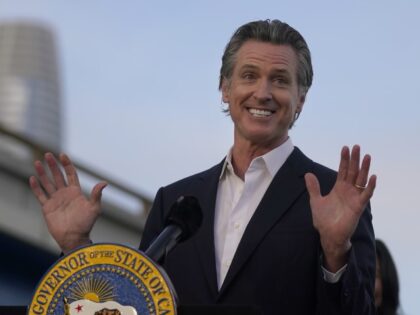
The JOLTS report casts further doubt on the need for a rate cut from the Federal Reserve in the months ahead.
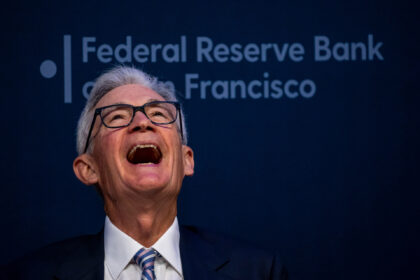
Donald Trump’s digital media company is not losing money fast enough.
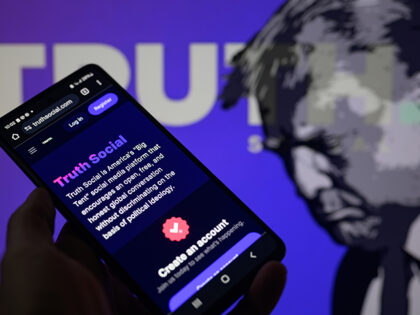
The economy continues to defy expectations for a slowdown, casting doubt on the idea that the Fed will cut rates in the first half of this year.
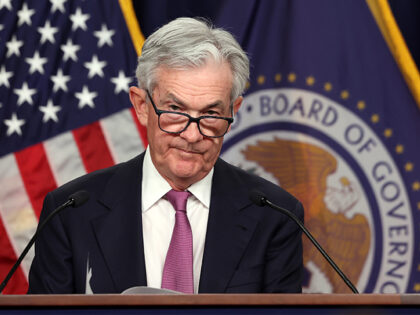
After 16 months in contraction, the ISM manufacturing survey unexpectedly popped into positive territory.

The job of rebuilding the collapsed Francis Scott Key Bridge in Baltimore is going to take a lot longer than many people initially thought—and cost a lot more money.

The Fed targets two percent inflation.
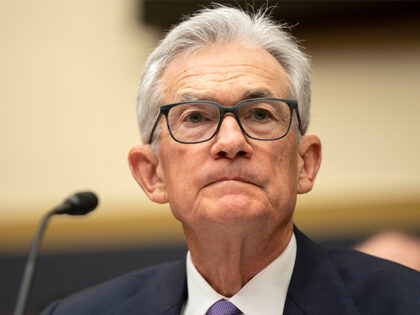
The once and possibly future President Donald Trump’s proposal to implement a tariff of ten percent on goods imported into our Republic has been met with a cantillating chorus of critiques claiming they will come at a cruel cost to consumers.

When a bank makes a loan to Donald Trump, this does not leave less for loans to other customers.
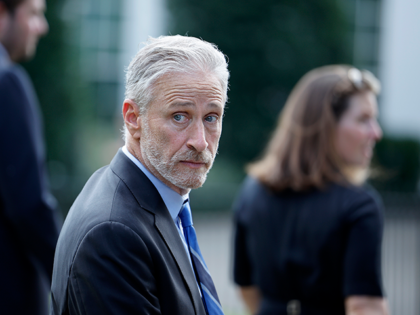
The destruction of the Francis Scott Key Bridge in Baltimore and its economic fall out could result in the biggest-ever marine insurance payout.

An op-ed in The Hill urges the president to “show concern for rebuilding a vital bridge — and for building a bridge of inclusion for Black American workers in the construction industry as well.”

Gross domestic product, the official scorecard of the economy, grew at a 3.4 percent annualized rate in the final three months of 2023. The previous estimate had the economy growing at a 3.2 percent pace.
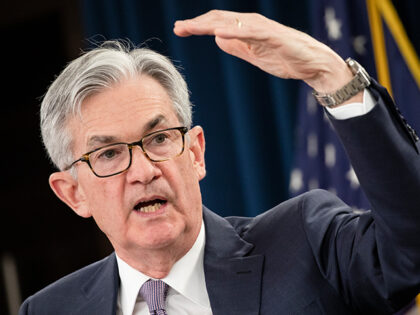
The grand pledge of President Joe Biden “move heaven and earth” to rebuild the Francis Scott Key Bridge smacks of a promise only Herculean in its aspiration.
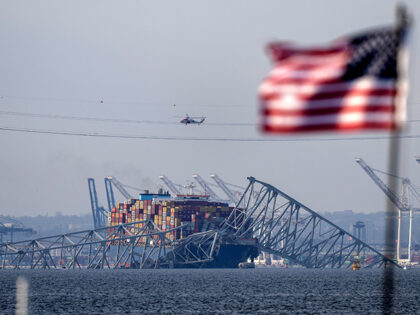
Always advance.
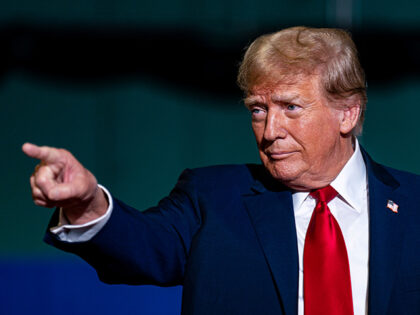
The economic consequences of the calamity in Baltimore are likely to be substantial.

Shares of Donald Trump’s social media company surged higher on Tuesday as the company began public trading under the DJT ticker symbol.
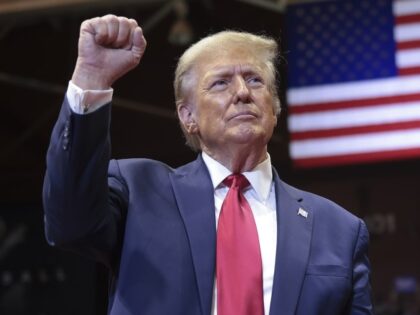
A big supply chain disruption is just what the U.S. economy does not need right now.
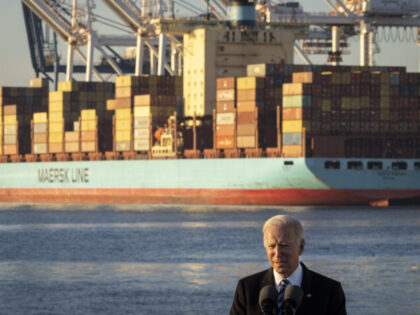
Shares of Donald Trump’s media startup catapulted a head-spinning nearly 40 percent in just a single trading session on Monday.

The market greeted the news with a tremendous rally in shares of the combined company.

The Chicago’s Fed barometer of economic activity suggests above average growth in February.

Shares jumped higher on Monday after the deal to acquire Truth Social’s parent was a approved and a New York appeals court reduced the amount Donald Trump would have to pay to appeal N.Y. Attorney General Letitia James’ case against him.
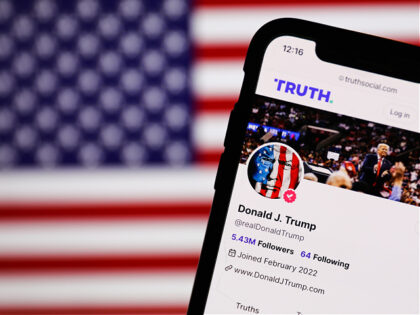
The shareholders of Digital World Acquisition Corp on Monday boldly aligned their fortunes with Donald Trump’s Truth Social, ratifying a pact poised to endow the erstwhile and potentially returning commander-in-chief with a bounty verging on $3 billion.
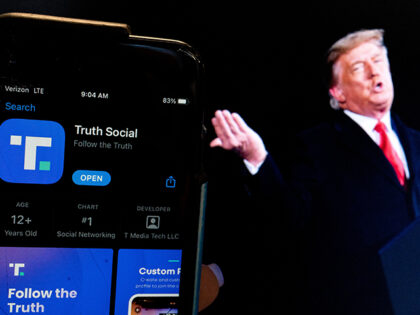
Women do not just disapprove of Biden on the economy. They really, really disapprove. Forty-percent say they “strongly disapprove.”
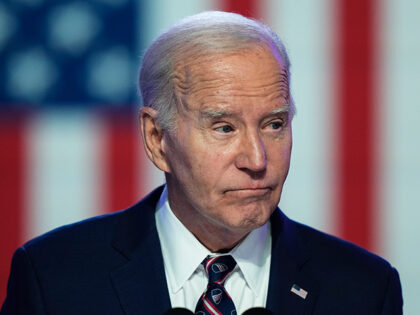
The latest dispatch from the Federal Reserve left the expected path of interest rates over the next year unchanged. Yet it hinted at a potentially tumultuous shift beneath the calm facade, a shift to a higher rate of interest over the long term.
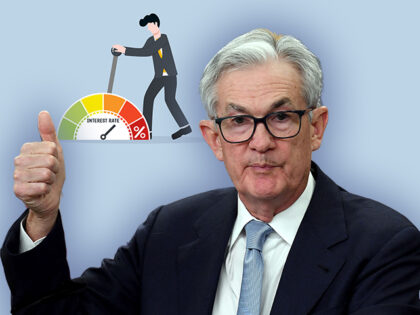
The number of people being thrown off of payrolls and onto unemployment remains very low.
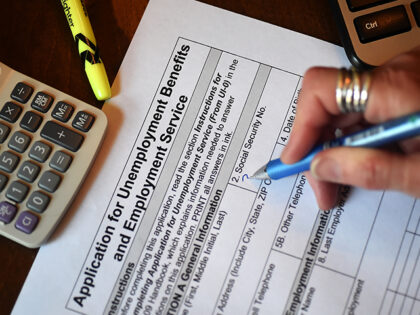
Manufacturing and residential construction were key drivers in the unexpected rise in the closely watched index of leading indicators.
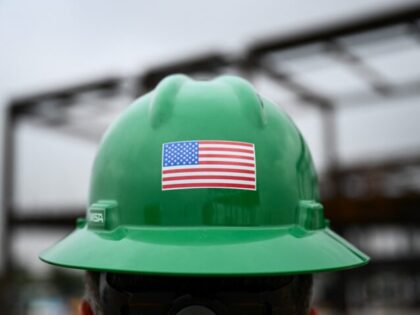
Joe Biden’s recent thumbs down on the Nippon-U.S. Steel marriage was met with the predictable shrieks of “protectionism” from self-styled free-market pundits.
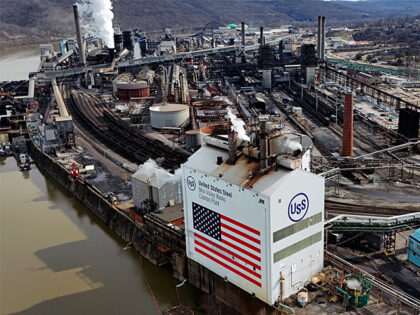
Fed officials now expect it will take slightly higher interest rates to get inflation down to their two percent target and to keep it there.
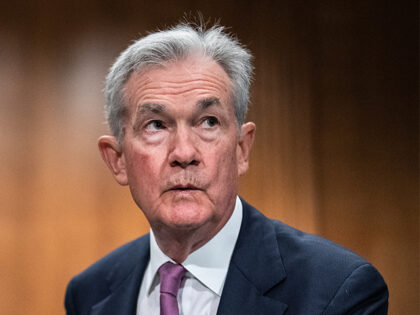
Fed officials continue to expect three cuts this year while saying they need move evidence inflation is headed lower before they start cutting.

It’s getting harder each day to avoid the conclusion that the Federal Reserve’s supposedly tight leash on the economy might be more of a myth than a reality.
